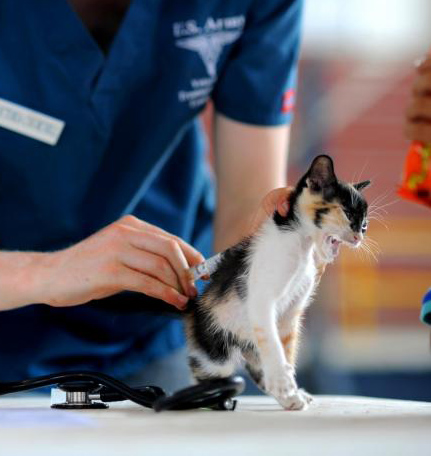Sharps injuries are a worrying concern for veterinarians. A survey sent to members of the Veterinary Surgeons Board of Queensland in 2006 revealed that 75.3% had at least one sharps or needlestick injury in the previous 12 months, while 58.9% reported suffering from at least one contaminated sharps or needlestick injury during the previous 12 …
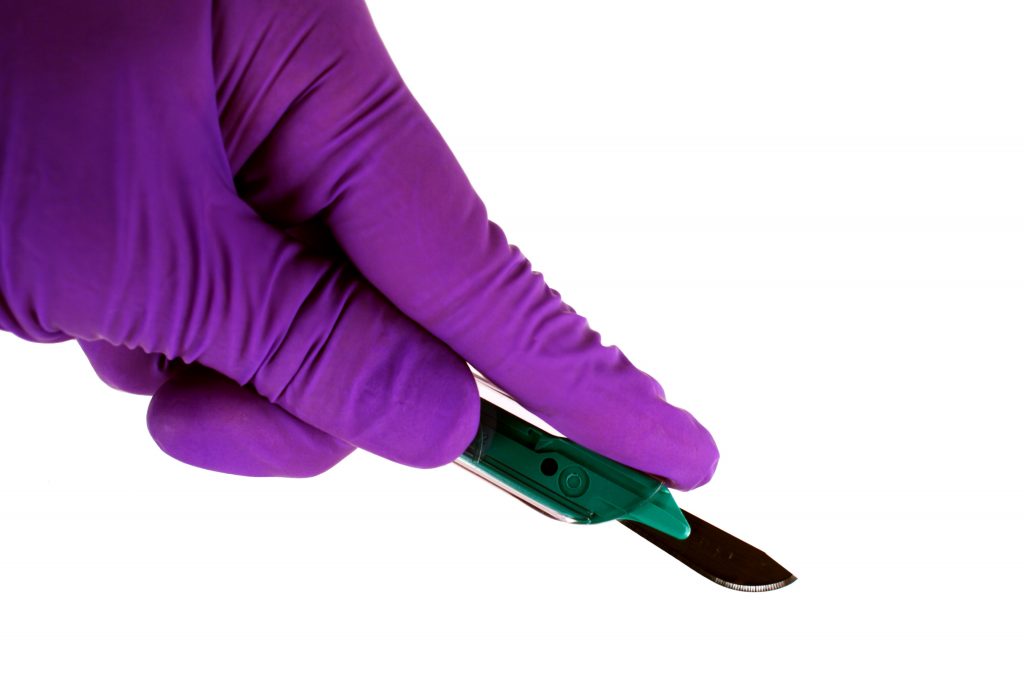
Are Safety Scalpels Actually Safe?
Injuries from needles and scalpels are one of the biggest concerns among health care workers with upwards of 18,000 healthcare workers in Australia experiencing needle-stick and scalpel injuries each year (1). Hazards from sharps injuries include transmission of Hepatitis B, Hepatitis C and HIV, as well as 20 other pathogens (1). This is not to …
Continue reading<span class="screen-reader-text"> "Are Safety Scalpels Actually Safe?"</span>
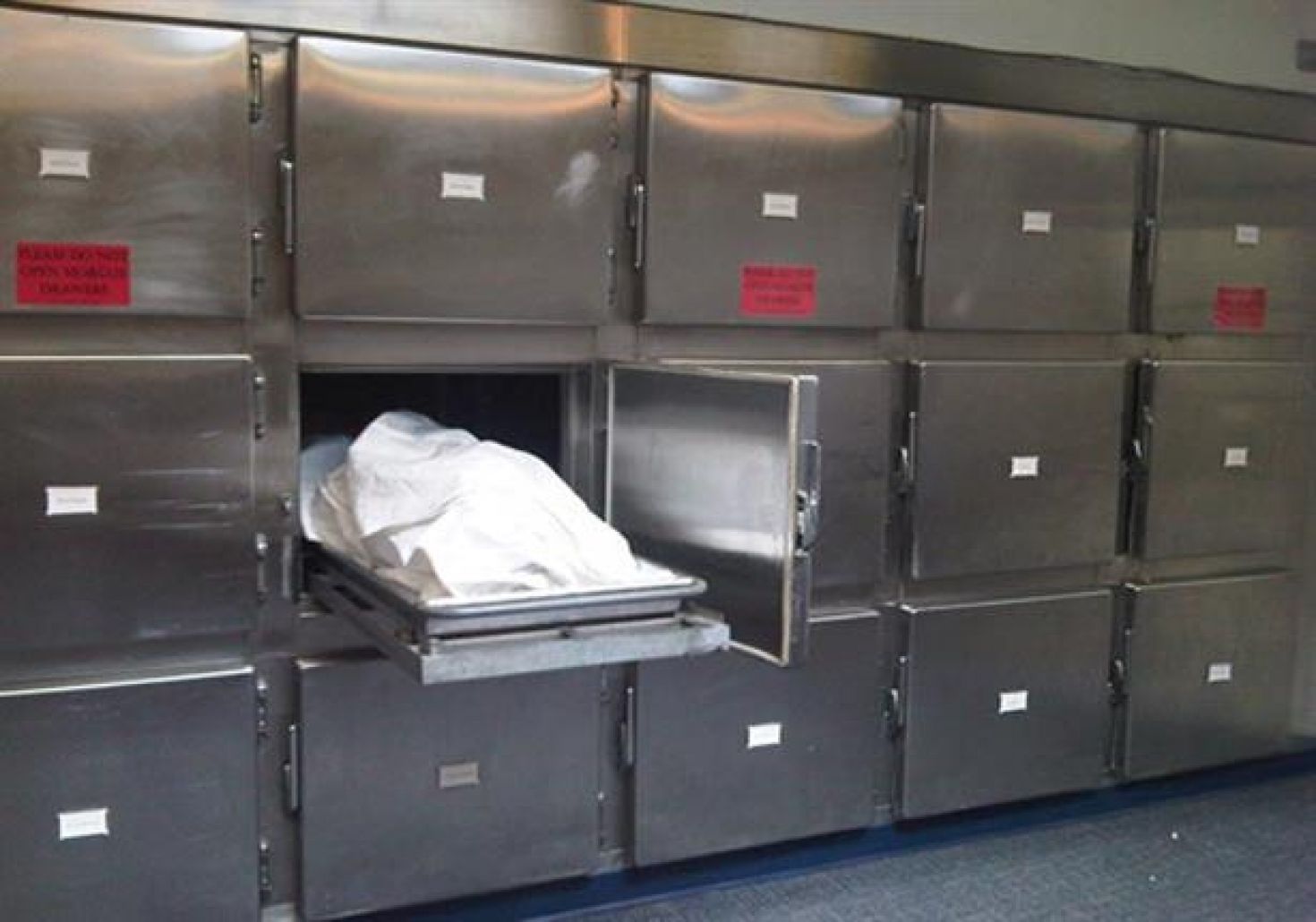
It’s Your Funeral: Risks of Sharps Injuries in Funeral Facilities
Funeral directors and embalmers have close contact with cadavers and body fluids, which leaves them at risk of sharps injuries and bloodborne infections. Sharps injuries can transmit bloodborne viruses such as Hepatitis B, Hepatitis C, and HIV. There is also the risk that a serious sharps cut can damage a tendon or nerve, which can …
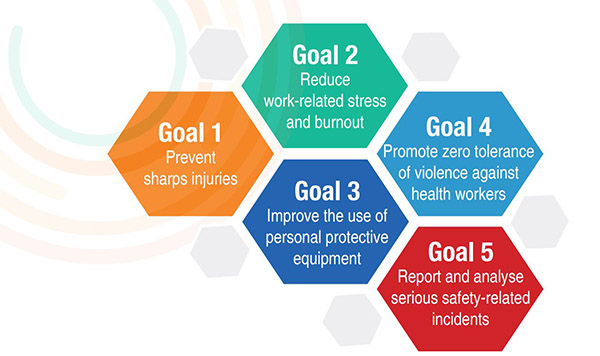
World Health Organization’s Number 1 Goal: Prevent Sharps Injuries
The COVID-19 pandemic has highlighted the risks and challenges that healthcare workers face every day. This includes injuries, infections, violence, and avoidable safety-related incidents. Due to the stressful environment that these workers struggle with, they are more prone to errors which can lead to patient harm. The World Health Organisation’s World Patient Safety Day (WPSD) …
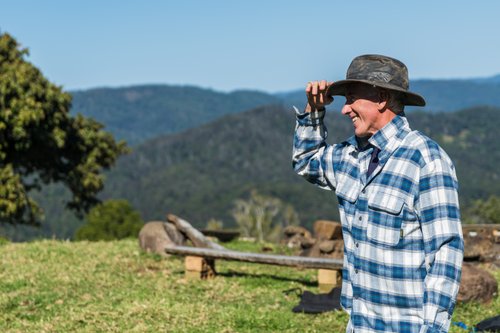
Preventing the Risk of Scalpel Injuries to Livestock Handlers
Livestock handlers undertake surgical castration with scalpels to remove testicles from male animals such as cows or swine. Livestock handlers are often exposed to occupational health risks of scalpel cuts and injuries during castration procedures. As sharps injuries have been observed in veterinarian practices associated with large animals, it is important for livestock handlers to …
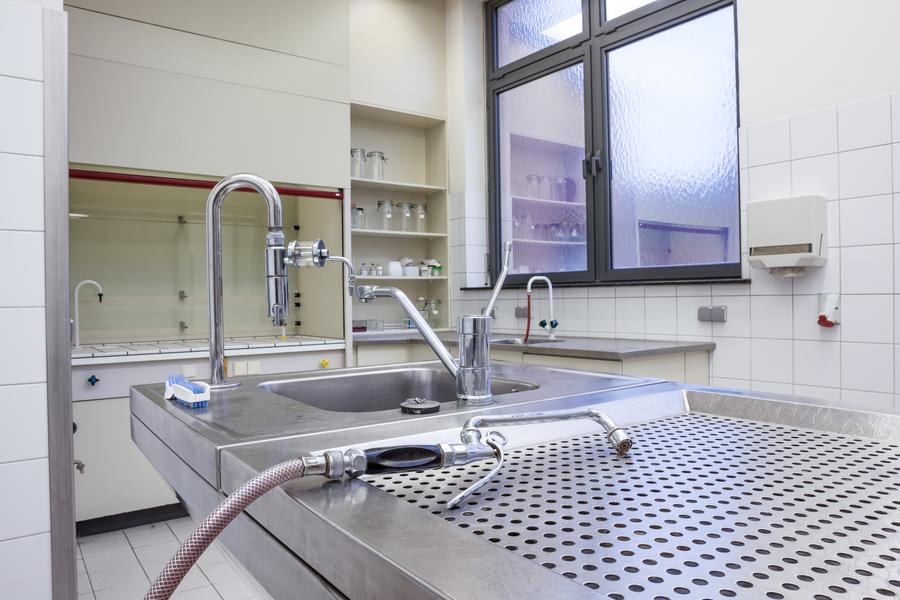
Risks of Scalpel Injuries in Autopsies
Working in a autopsies can be demanding and often requires complex dissection using scalpels. Autopsy surgeons, forensic pathologists, and the personnel who assist in conducting autopsies are at risk of scalpel cuts and injuries. Scalpel cuts carry the associated risk of acquiring various kinds of viral and bacterial infections from contagious body fluids and soft …
Continue reading<span class="screen-reader-text"> "Risks of Scalpel Injuries in Autopsies"</span>


